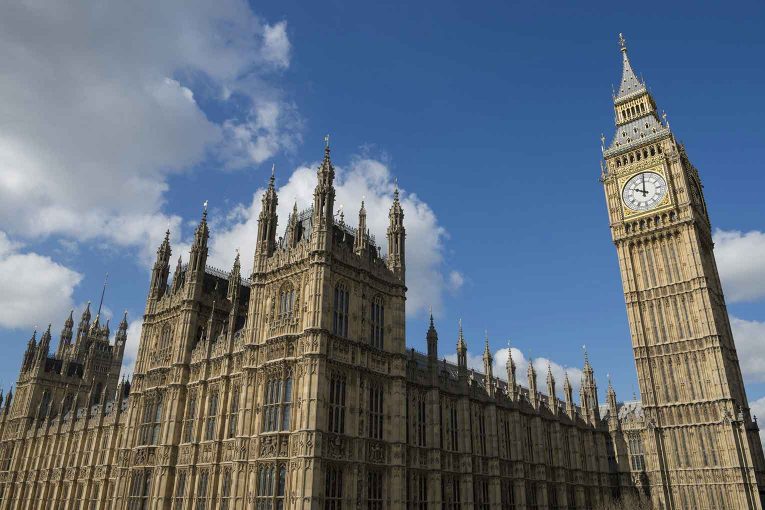StepChange Debt Charity has submitted a critique on government debt collection practices in response to a Cabinet Office exercise.
The charity has looked at how “remarkably poorly” the practices of both local and central government compare to those in regulated markets.
StepChange is calling for fundamental and specific changes to underpin a shift both in culture and practice in government debt collection.
StepChange has found that, among clients with debts to government, 93% said that the actions taken to collect money owed had made it difficult to afford essential household costs. In turn, this led to more than half of these clients borrowing further to make ends meet – simply exacerbating problems, the charity said.
It believes this reflects a deeply flawed approach that currently underpins government debt collection, where there is an implicit approach of punishment for being in debt, and the focus is primarily on time-limited debt recovery, rather than on pro-active affordability assessment and affordable repayments. This must change, says StepChange in its response.
Only a third of StepChange clients with debts to local authorities had undergone an affordability assessment, and similarly only a third of clients with debts to DWP. Although HMRC has helpfully embedded an income and expenditure form into its ‘Time to Pay’ negotiating framework, in practice only 17% of StepChange clients with debts to HMRC had gone through affordability assessment.
StepChange said the discrepancy hinges on the fact that, right across government, the system relies on people challenging unaffordable payments. It should hinge, instead, on pro-actively setting up genuinely affordable repayment plans based on an accepted income and expenditure assessment framework such as the Standard Financial Statement – which is widely used in debt advice and the commercial credit sector, but not in local authorities or government departments.
The submission said that government practice stands in sharp contrast to the controls that exist in the regulated credit sector, which is regulated, monitored, and enforced to oversee fairness in consumer outcomes.
StepChange argues that while the FCA not only has a core principle of treating customers fairly and also has forbearance rules to create sustainable repayment plans in practice, no such universal, regulated, monitored framework exists for debts owed to government. The charity said its absence is exacerbating financial hardship, and increasing unrealistic debt enforcement costs being levied against vulnerable people who cannot afford to pay – particularly important given that 57% of those with government debts have additional vulnerability, compared with 44% of StepChange clients as a whole.
Peter Tutton, head of policy, research and public affairs at StepChange Debt Charity, said: “The government has taken a hugely positive step in legislating for Breathing Space to allow people in debt a chance to see recovery action paused while they work with a debt advice provider towards a sustainable long term solution. It would be a tragedy if its own debt collection practices end up undermining the outcome. So now is the time for the government to get its house in order on its own debt management practices.
“The current unhealthy relationship between government debt and poor collection practices exists across all areas, which is worrying given the high level of vulnerability among those who owe money. One example is starkly demonstrated by the over-use of bailiffs to enforce council tax arrears.
“Even the language of government debt collection is frequently toxic and counterproductive – frightening people away from engagement, rather than fostering it.
“So much can be learned from the experience of the commercial credit sector, where a regulatory structure has been built that focuses on treating customers fairly and requiring forbearance under a clear, compulsory, and well-monitored framework in which information is shared to inform realistic repayment plans. It’s time to replicate this in the world of government debts too.”



